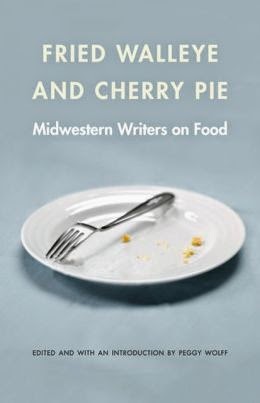In Willie Wonka and the Chocolate Factory
there is much to poke fun at our society and food. Mike Teavee is an interesting
character who represents the kid in the everyday American lifestyle. I think it
is interesting because he is sitting on the couch watching TV and could not be
bothered by anyone around him while his program was playing. Even though there
were tons of reporters giving him all the attention anyone could want, he still
chooses to sit there and focus on the TV. This leads to how he cannot even leave
the TV to go have a family meal. His mother says she serves all his meals right
in front of him while he watches TV. I think this foreshadows how Americans eat
now. This movie was made in 1971 and yet we have seen a bigger change in how
common it is to watch TV while eating any meal.
I grew up in a household where when
we ate dinner the TV was turned off and we had family time. The only time when
the TV was turned on during dinner was if it was a special occasion, but even
then those were few and far between. I
think this concept is lost in most families in America these days. People are
so busy they do not really have time to all sit down and eat together because
their schedules all conflict. I miss the days when I could sit down at the end
of the day and enjoy dinner with my family. When I was younger I would go to my
friend house and they would eat dinner in front of the TV whenever they felt
like it. It was nice sometimes because it was not like my house, but I could
not imagine living that way all the time. Eating should be an experience with
other people, not the moving pictures on a flat screen high definition television.



.jpg)








.jpg)
.jpg)











